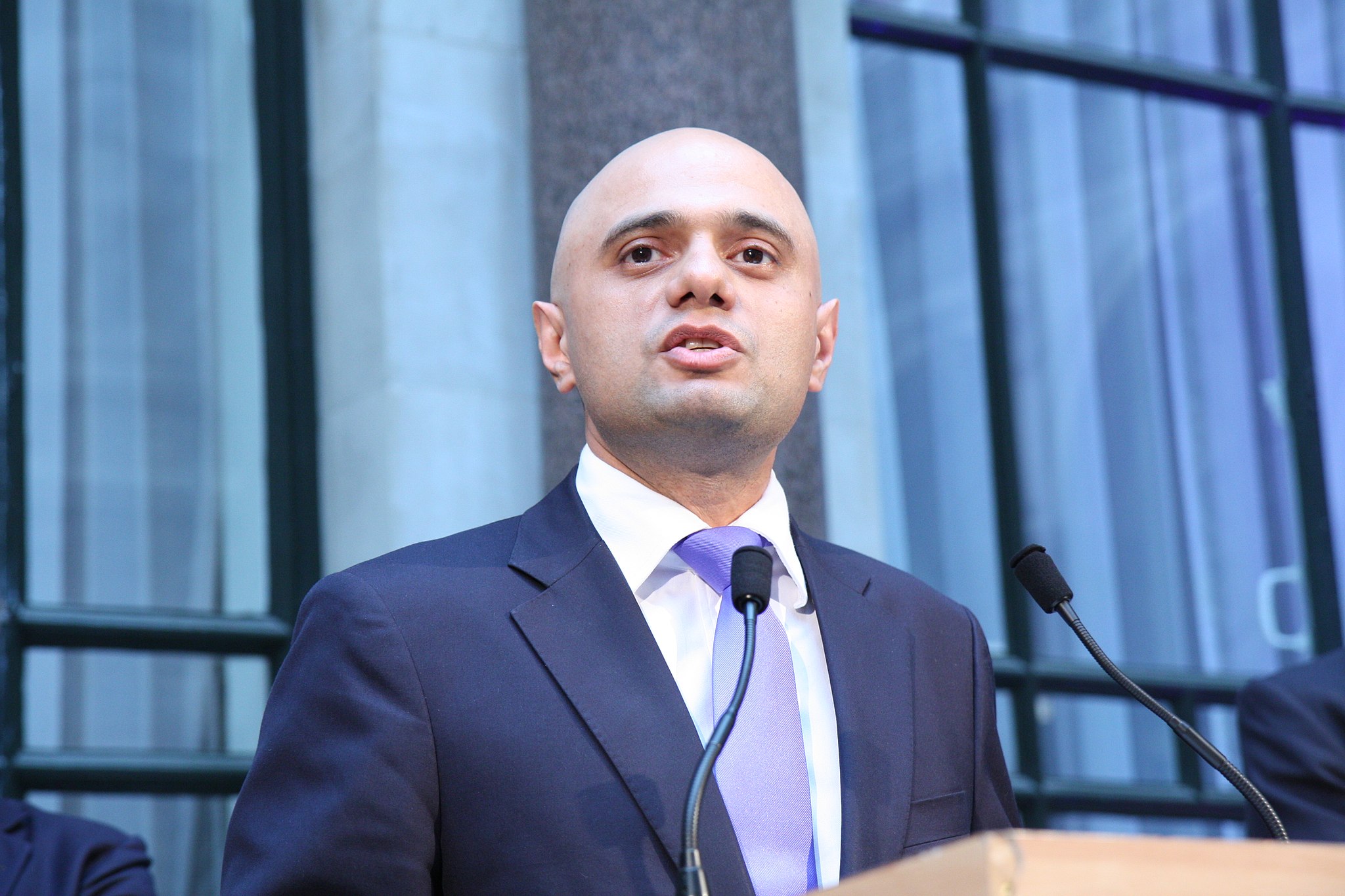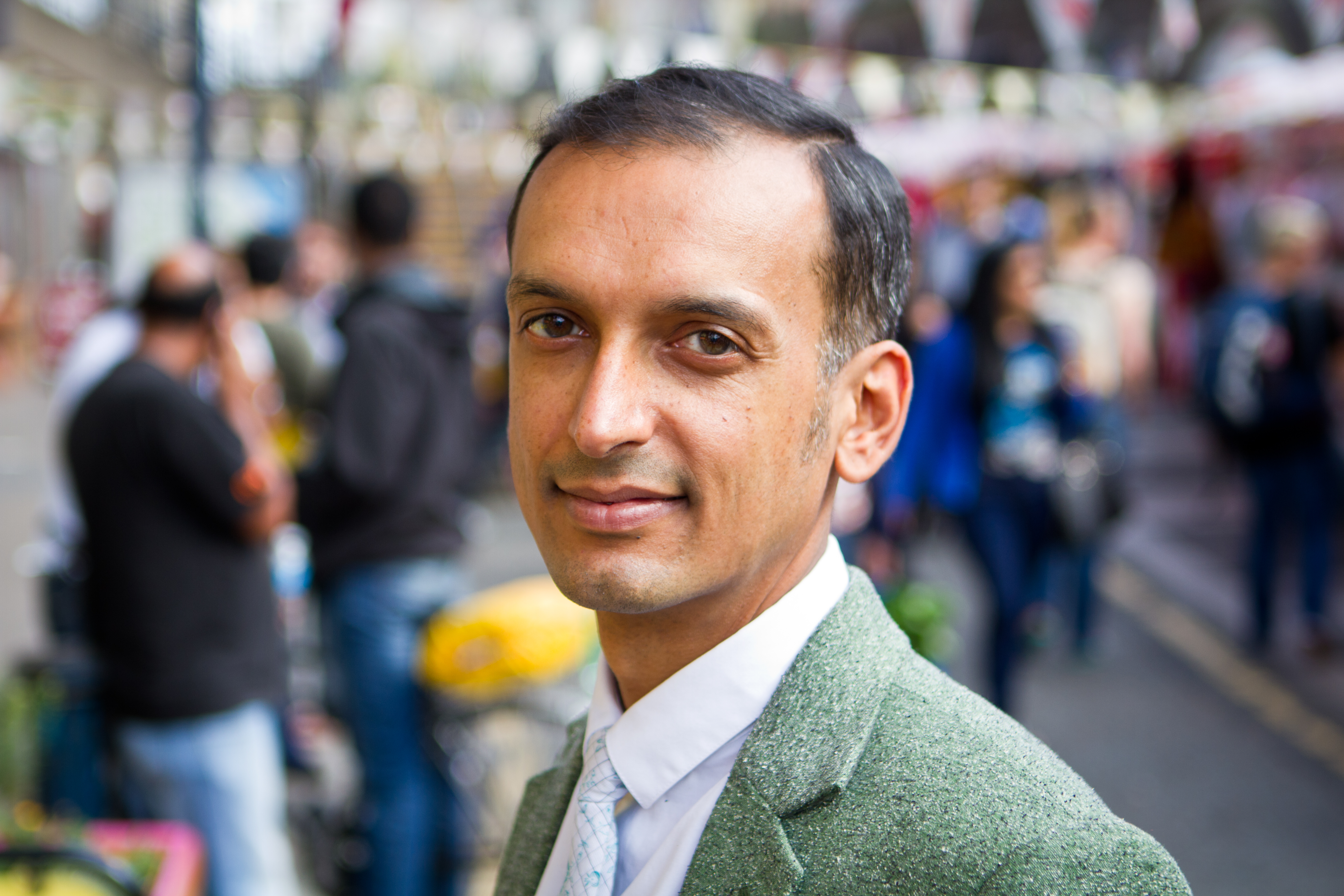The UK government’s decision to cooperate with America over two alleged ISIS terrorists, and its apparent failure to ensure the duo won’t face the death penalty, will be challenged in the High Court today.
Alexanda Kotey and El Shafee Elsheikh are said to have been members of the high profile ISIS quartet nicknamed ‘The Beatles’ because of their British backgrounds.
Kotey and Elsheikh were captured earlier this year and stripped of British citizenship, opening up the question of where and how they should face justice.
In July 2018 a letter from Home Secretary Sajid Javid to US Attorney General, Jeff Sessions, was leaked to The Telegraph suggesting Britain had abandoned its opposition to the death penalty.
The letter states: “I am of the view that there are strong reasons for not requiring a death penalty assurance in this specific case, so no such assurances will be sought. I have instructed my officials to set out the terms of our assistance and to work with your officials to action the request.
“As you are aware, it is the long held position of the UK to seek death penalty assurances, and our decision in this case does not reflect a change in our policy on assistance in US death penalty cases generally, nor the UK Government’s stance on the global abolition of the death penalty.”
I am of the view that there are strong reasons for not requiring a death penalty assurance in this specific case.
Home Secretary Sajid Javid
The High Court challenge will investigate the legality of the UK government’s decision to cooperate and assist with the US Department of Justice, when it may seek the death penalty for Kotey and Elsheikh.
Human Rights Organisations are Concerned
 Mohammed Emwazi, Aine Davis, Alexanda Kotey and El Shafee Elsheikh (L to R). Met Police handout.
Mohammed Emwazi, Aine Davis, Alexanda Kotey and El Shafee Elsheikh (L to R). Met Police handout.
Human rights organisations and campaigners who oppose the death penalty believe that Javid has changed the government policy of opposing the death penalty without consulting parliament.
Diane Foley, the mother of American journalist James Foley who was murdered by ISIS, would like to see the Kotey and Elsheikh face justice in a criminal trial.
“For decades politicians, from home secretaries to prime ministers, have consistently argued that the UK would not extradite anyone to face the death penalty
Frances Cook, Howard League for Penal Reform
CEO of the Howard League for Penal Reform, Frances Cook, described Javid’s decision as ‘extraordinary’.
She said: “For decades politicians, from home secretaries to prime ministers, have consistently argued that the UK would not extradite anyone to face the death penalty. It has been a policy that has been applied no matter who and no matter which country.”
Do Terrorists have the Right to Life?
I have written an open letter to @sajidjavid pic.twitter.com/FUVciXUy8I
— Frances Crook (@francescrook) July 23, 2018
Article 2 of the Human Rights Convention states, “Everyone’s right to life shall be protected by law”.
The Human Rights Convention became law in the UK with the passing of the Human Rights Act (1998).
Now that Kotey and Elsheikh have had their British citizenship revoked, arguably they are not protected by the Human Rights Convention, and therefore they could face torture and the death penalty in America.
The UK government’s policy of stripping British citizens it suspects of terrorist offences of citizenship is considered highly controversial.
It is only legally possible to strip dual nationals and naturalised British citizens of British citizenship, as it is illegal to make a person stateless.
In March 2017, the European Court of Human Rights ruled the government’s policy of stripping British terror suspects of their citizenship while abroad is lawful.
Critics, including Baroness Kennedy, argue that the government revoking the citizenship of naturalised British citizens creates a ‘two-tier citizenship.’
Kennedy has posed the question: “And what will the impact be of creating two tiers of citizenship – those who are natural, free-born Brits who cannot ever be rendered stateless, and the immigrant who becomes naturalised but can be rendered stateless?”
“Citizenship is not a privilege; it is a protected legal status”, she said.







